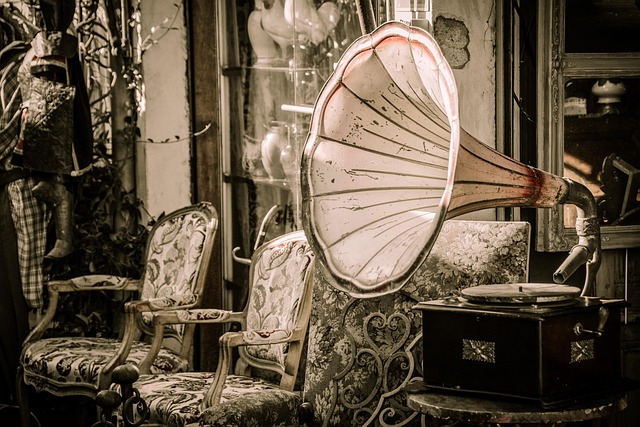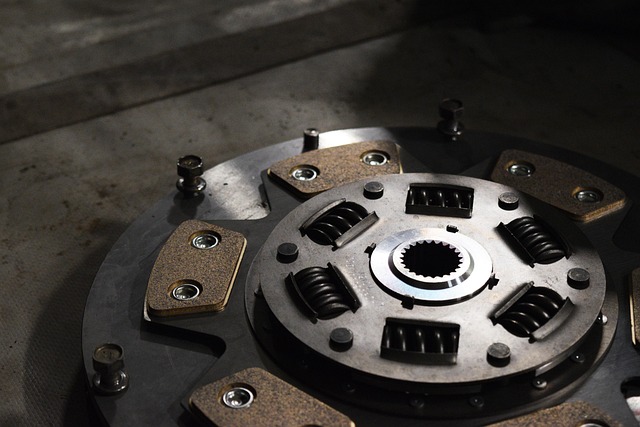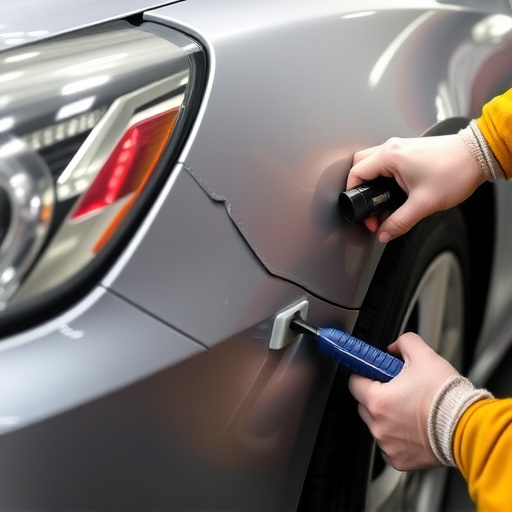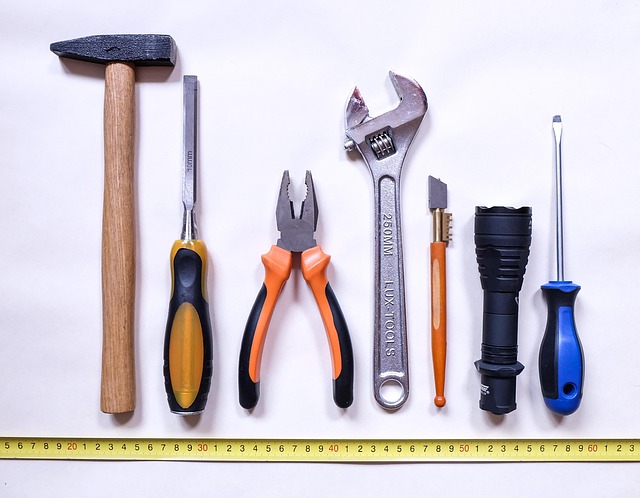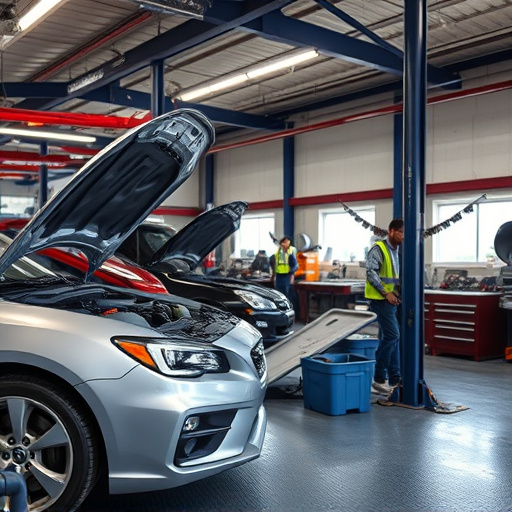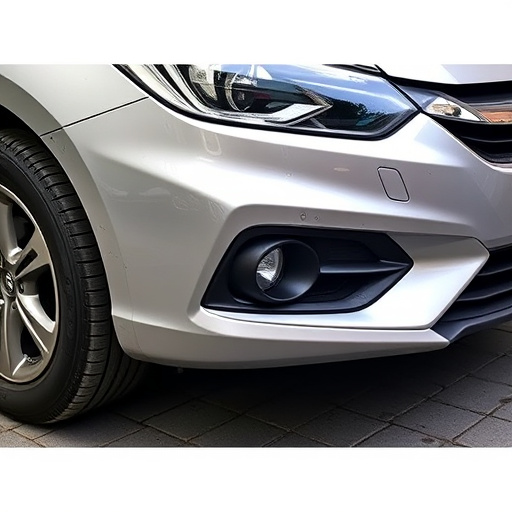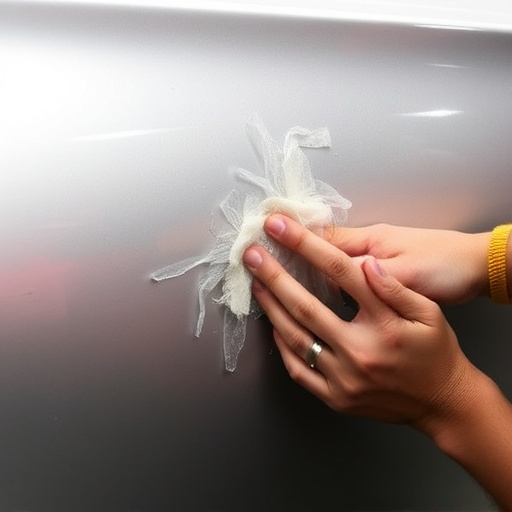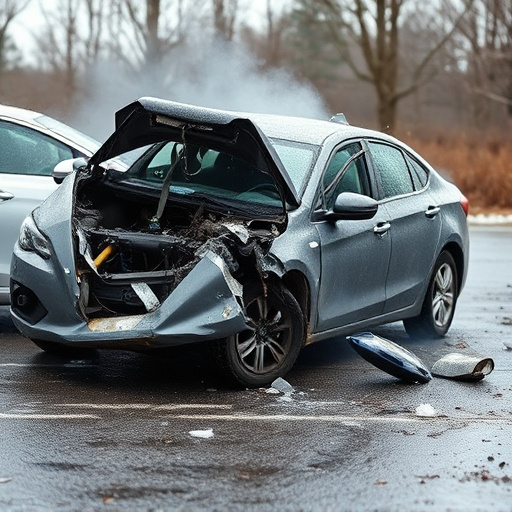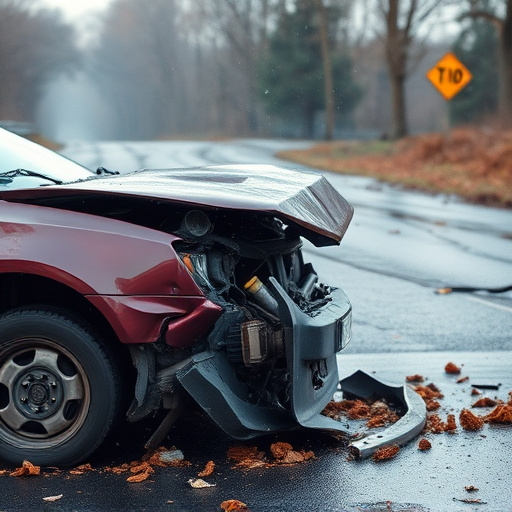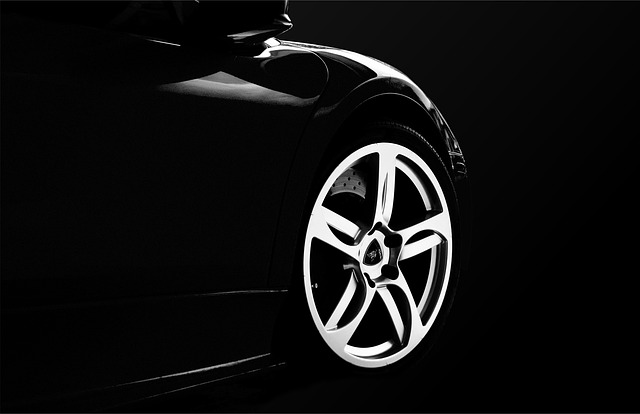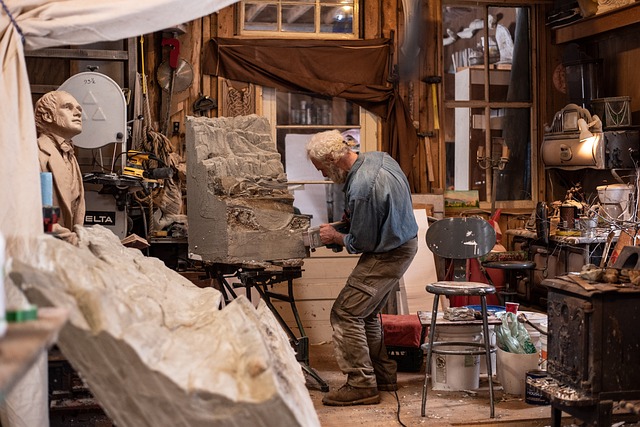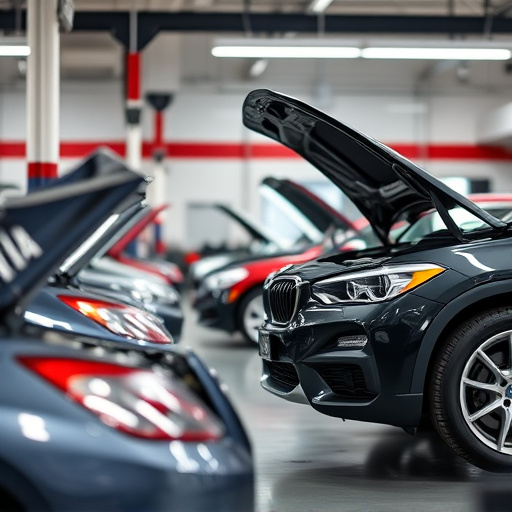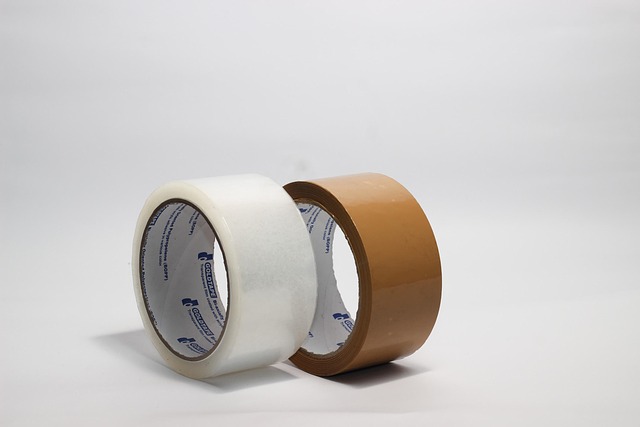Corrosion protection is a critical metric for auto body shops to enhance customer satisfaction and retain clients. By preventing rust and structural damage, these businesses improve vehicle durability, reduce corrosion-related failures, and foster positive reputations. High-quality coatings and specialized treatments extend vehicle lifespans, minimize aesthetic decay, and drive increased customer loyalty, repeat business, and improved overall satisfaction metrics.
Corrosion, often overlooked, can significantly impact customer satisfaction. In this article, we explore how understanding and mitigating corrosion becomes a powerful driver for business success. We delve into the profound effects of corrosion on customer experience and reveal effective metrics to gauge the success of corrosion protection strategies. Additionally, we highlight the direct correlation between robust corrosion prevention practices and increased customer loyalty. Discover how prioritizing corrosion protection can revolutionize your approach to customer satisfaction.
- Understanding Corrosion's Impact on Customer Experience
- Metrics for Measuring Corrosion Protection Effectiveness
- Linking Corrosion Prevention to Enhanced Customer Satisfaction
Understanding Corrosion's Impact on Customer Experience
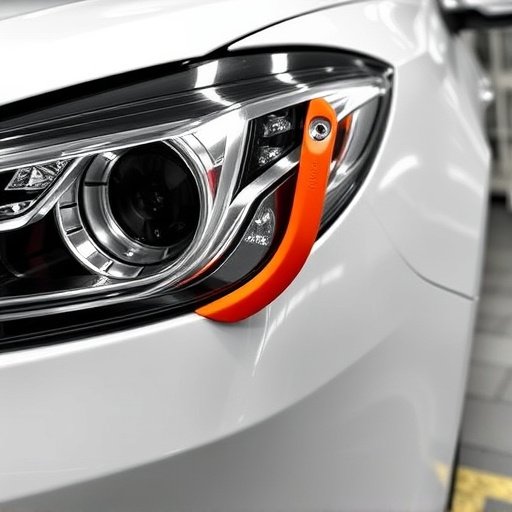
Corrosion is not just a metal’s enemy; it’s an insidious force that can significantly impact customer satisfaction in the automotive industry. When left unchecked, corrosion on vehicles can lead to unsightly discolouration, weakened structural integrity, and even safety hazards. These issues don’t just affect the vehicle’s aesthetic appeal but also its performance and longevity, which are key factors in retaining customers. A corroded car body can cause various problems, from rust spots that compromise the vehicle’s strength to faulty parts resulting in costly repairs or accidents.
For a vehicle body shop offering auto body services, ensuring corrosion protection is not just a repair technique but a vital customer satisfaction metric. By implementing robust corrosion prevention measures, auto repair shops near me can guarantee their clients’ peace of mind and the longevity of their vehicles. Satisfied customers are more likely to return for routine maintenance and recommend these shops to others, fostering a positive reputation in the competitive market of auto repairs.
Metrics for Measuring Corrosion Protection Effectiveness
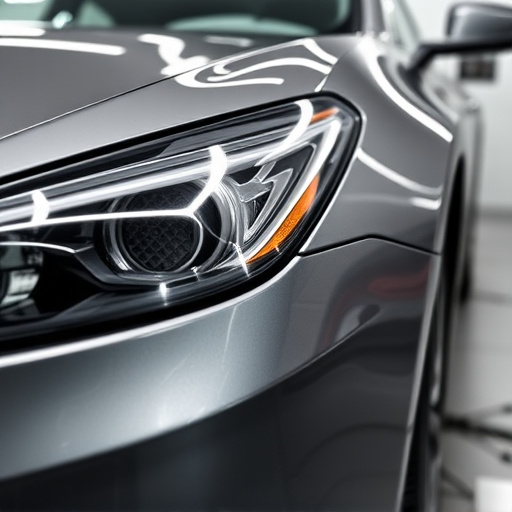
When evaluating the effectiveness of corrosion protection strategies, several key metrics come into play. One primary measure is the duration of protection provided, often tracked in years or months, giving insight into the longevity of the treatment. This metric is crucial for gauging the return on investment in corrosion prevention, especially in industries where metal structures are exposed to harsh environments, such as automotive repairs and auto body shops offering auto glass repair and other services.
Additionally, the reduction in corrosion-related failures is a significant indicator. By monitoring the rate of issues like rust spots, peeling paint, or structural damage caused by corrosion, businesses can assess the success of their protection methods. This data empowers them to make informed decisions about future treatments, ensuring continuous improvement in auto repair services and customer satisfaction, as clients expect durable and reliable results when it comes to auto body repairs, including both interior and exterior components.
Linking Corrosion Prevention to Enhanced Customer Satisfaction
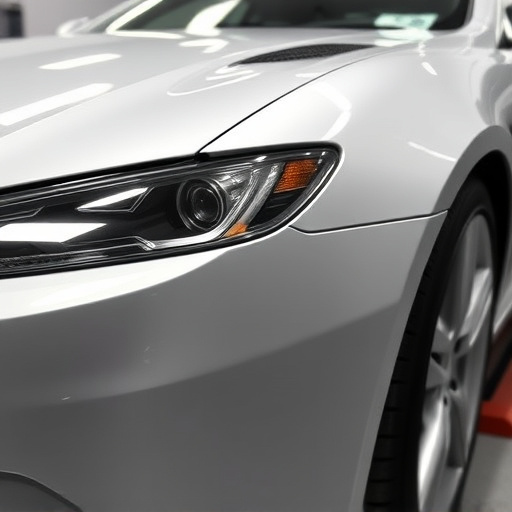
Corrosion protection goes beyond mere metal preservation; it’s a critical component of enhancing customer satisfaction in automotive services. When a collision center or bumper repair shop effectively implements corrosion prevention measures, such as high-quality coatings and specialized treatments for vehicle bodywork, it significantly reduces the risk of future damage. This proactive approach not only extends the lifespan of vehicles but also ensures that customers’ investments are protected against rust and decay.
By prioritizing corrosion protection, these facilities create a positive feedback loop. Satisfied customers, who receive reliable and long-lasting repairs, are more likely to return for routine maintenance and recommend the services to others. This leads to increased customer loyalty and repeat business, ultimately driving up overall satisfaction metrics. Moreover, minimizing corrosion-related issues improves the overall aesthetic appeal of vehicles, further boosting customer delight.
By understanding the profound impact of corrosion on customer experience and linking it to key satisfaction metrics, businesses can now strategically implement effective corrosion protection measures. This not only extends product lifespan but also fosters stronger customer relationships built on confidence and reliability. Corrosion protection, in essence, becomes a competitive advantage, ensuring long-term customer satisfaction and loyalty.

